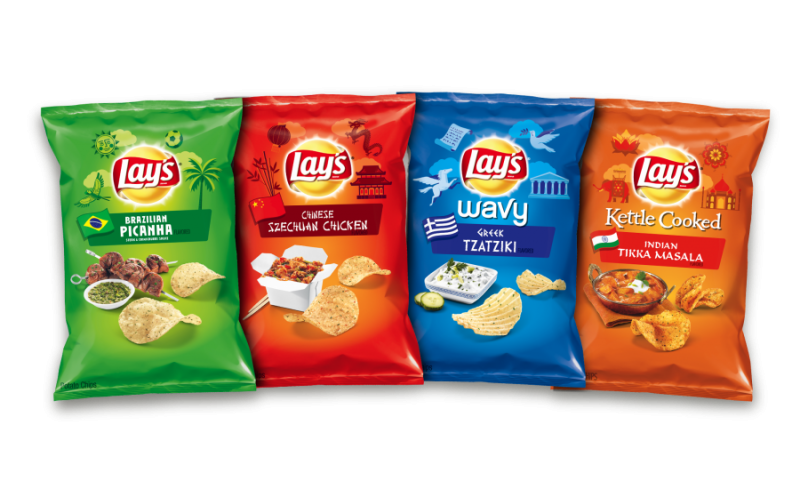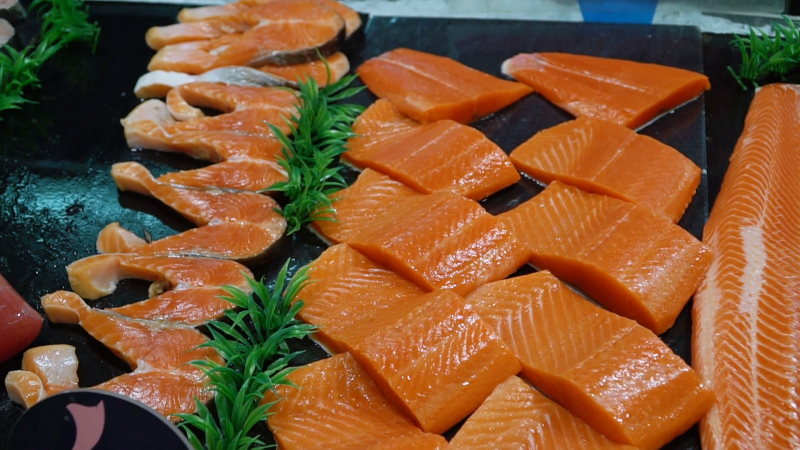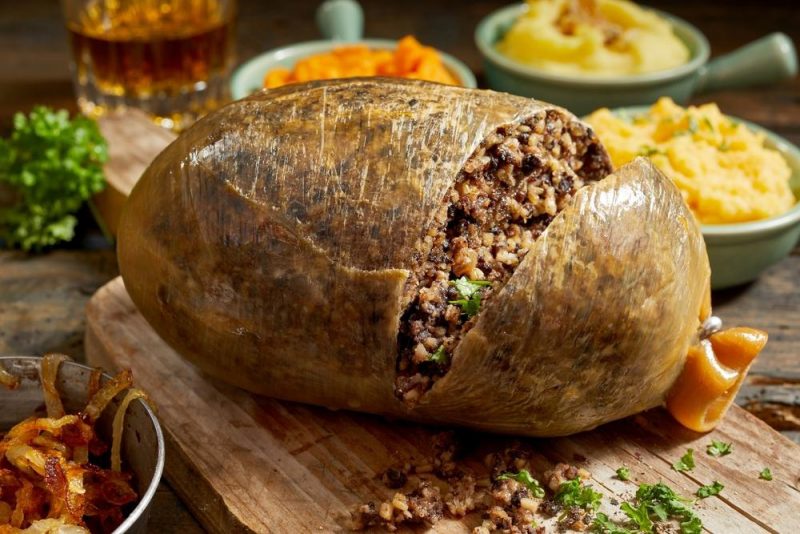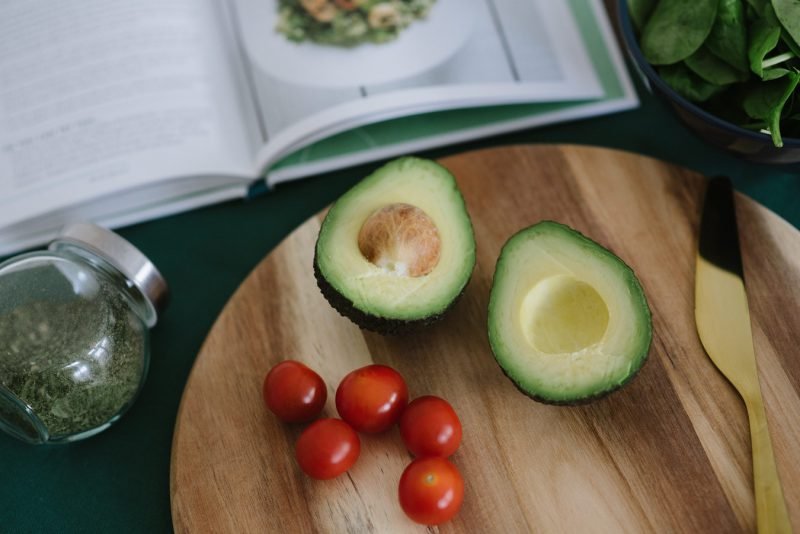10 Foods that may cause you Cancer
It’s always disconcerting to discover that the foods we enjoy may have detrimental effects on our health. Different countries often prohibit certain food items due to their unhealthy nature or failure to comply with food and safety regulations. Consider the unsettling notion of French fries being banned in your country. The mere thought of a life without those beloved, crispy treats is a chilling prospect. Here, we present a compilation of food items that are only permissible in specific regions while being banned elsewhere due to various concerns, including 10 foods that may cause you cancer or potential risks of cancer.
1. POTATO CHIPS

Processed potato-based snacks, such as chips or fries, often contain a substance called “olestra” that serves as a fat substitute. However, olestra has been banned in Canada and the United Kingdom due to its association with bowel-related issues. Extensive research has indicated adverse effects, leading to its prohibition in many countries worldwide.
2. CHICKEN

Numerous countries administer a chemical called “arsenic” to their chickens to enhance their appearance, giving them a pink hue. However, arsenic is a known carcinogen and is consequently prohibited in Europe, where stringent regulations prioritize public health.
3. ENERGY DRINKS

While energy drinks are popular worldwide, they contain an ingredient known as brominated vegetable oil, which has been linked to various mental health conditions. Consequently, over 100 nations have banned these beverages, depriving enthusiasts of their favorite pick-me-up during global travels.
4. SAMOSA

In #4 of the list of 10 foods that may cause you cancer. we have Samosas, a delectable pastry commonly enjoyed in Pakistan, India and Africa, are notably absent from Somalia. The triangular shape of samosas, resembling the Holy Trinity in Christian symbolism, has been cited as the reason for their prohibition in some regions, branding them as “too Christian.”
5. KINDER JOY

Kinder Joy, a beloved childhood delight that combines chocolate with a surprise toy, is produced in Italy and available in Canada and Mexico. However, exports to the United States have been banned due to non-compliance with food regulations. Selling an inedible item alongside edible confections is deemed unacceptable.
6. RAW MILK

Raw milk, commonly consumed in Asia and Europe, is unavailable in other continents due to the presence of bacteria like E. coli and salmonella. To ensure public safety, several regions, including Canada, Scotland, parts of the United States, and Australia, enforce regulations mandating pasteurization of all milk products.
7. SASSAFRAS TEA

The sassafras tree possesses remarkable healing properties, aiding in the rapid recovery of injuries and wounds, and can be a flavorful addition to salads. However, the oil derived from sassafras is deemed unsafe and has been globally banned due to its potential health risks.
8. PINK SLIME

Pink slime, commonly used as a filler in products like hamburgers, is also employed for its antibacterial properties. However, the ammonium hydroxide utilized in pink slime is banned in the U.K. and Canada. While limited consumption is allowed in the United States, the European Union has entirely prohibited this substance, deeming it hazardous to human health.
9. SALMON

While salmon is widely recognized as a nutritious source of protein and Vitamin D, concerns arise when it comes to farm-raised salmon. The utilization of astaxanthin in salmon farming has raised several issues, leading to bans in New Zealand and Australia. Australia implemented this prohibition in 1975 to prevent the importation of diseased fish, and it remains in effect to this day.
10. PUDDING

Haggis, a delectable traditional pudding from Ireland, owes its distinctive flavor to the inclusion of sheep lung. Unfortunately, this key ingredient renders it inedible in America. Although a few American restaurants endeavor to prepare haggis without the lung component, the resulting taste falls short. Therefore, anyone longing for a serving of haggis must be prepared to travel to Ireland.


